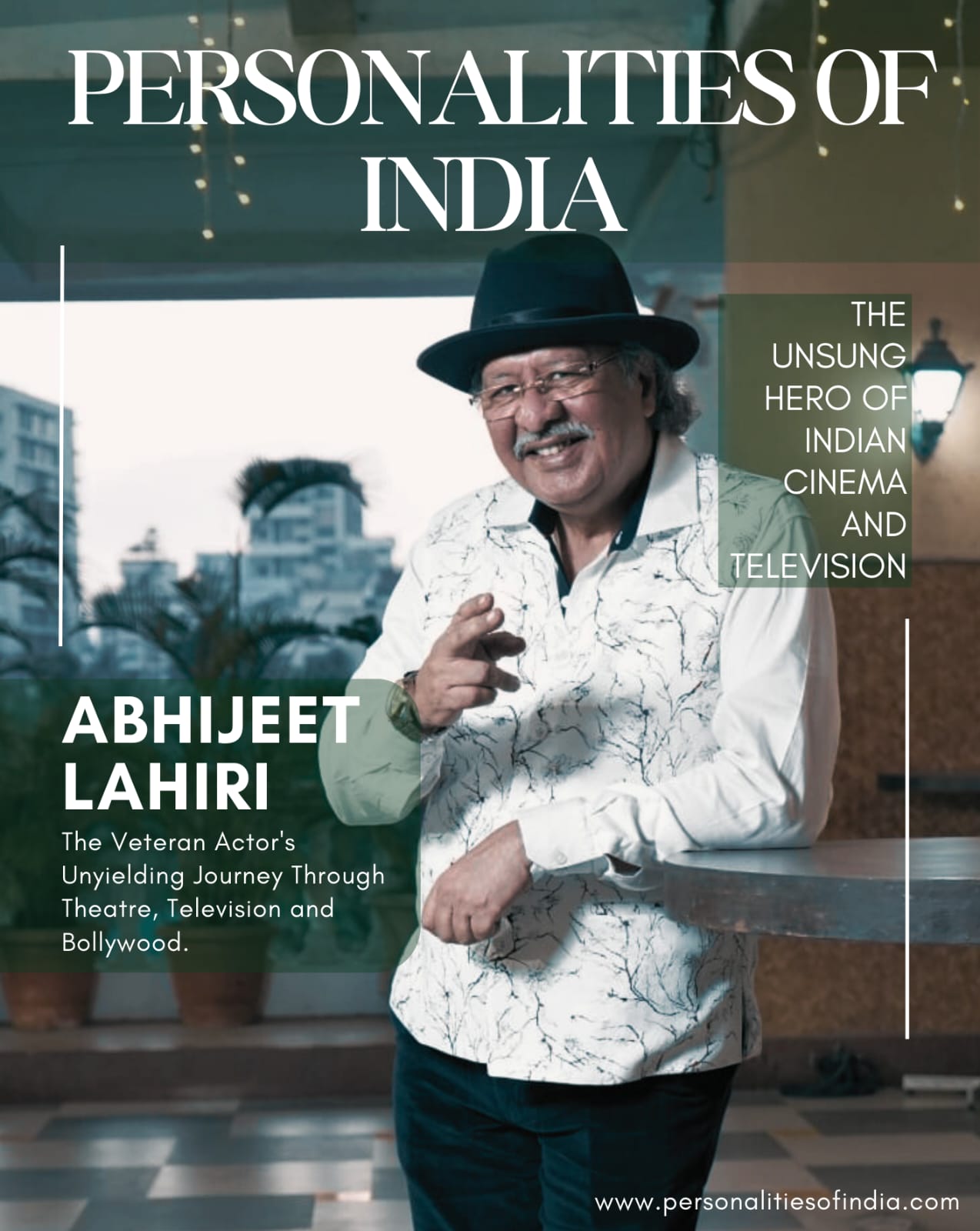Abhijeet Lahiri: The unsung hero of Indian cinema and television
As an actor, it was really difficult for me to devote adequate time to my family because I would work from 9 a.m. until 2 a.m. at times. As an actor, I've always struggled throughout life. However, an actor must continually maintain a sense of mental balance.
There was a moment when I didn't have work for six months and had to send money home while simultaneously managing my life in Mumbai. At the time, I was struggling a lot and working on various projects.
My journey in acting began in 1975 when I joined a group theater in Kolkata after graduation. Eager to deepen my understanding of the art, I got selected as an Actor in National School of Drama Repertory Company. Afterward, I delved into the world of Jatra in Bengal.
My first big break on television came in 1996 with the Doordarshan serial ‘Sahasraphan’, where I portrayed a South Indian Brahmin. My cinematic journey began with Hansal Mehta’s ‘Chhal’, brought me recognition and opened doors in the industry. My performances in My Wife’s Mother alongside Anil Kapoor, where I played his father-in-law, and Tango Charlie with Ajay Devgn, established me as a respected actor in the film world.
Television offered me another breakthrough with Balika Vadhu in 2009. The role brought me immense popularity, and soon after, I received a call from Balaji Institute’s ICE to teach acting. I was honored to be appointed as the Head of the Acting Department in January 2012. Following this, I was cast in Yeh Rishta Kya Kehlata Hai, where I played a beloved character for five years, earning the moniker of Dada Ji.
Recently, two of my films were released: Bell Bottom and Sirf Ek Banda Kaafi Hai. I started my own Acting School "Abhijit Lahiri School of Acting" in the year 2019, running online now.
Yet, as I reflect on my journey, I feel a deep sadness for the state of our television industry. Unlike European systems, our TV industry lacks recognition and support from the government. We, the actors, often feel like laborers in an industry where our voices and demands go unheard. It's a harsh reality that I hope will change for future generations of actors.